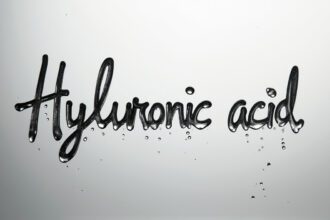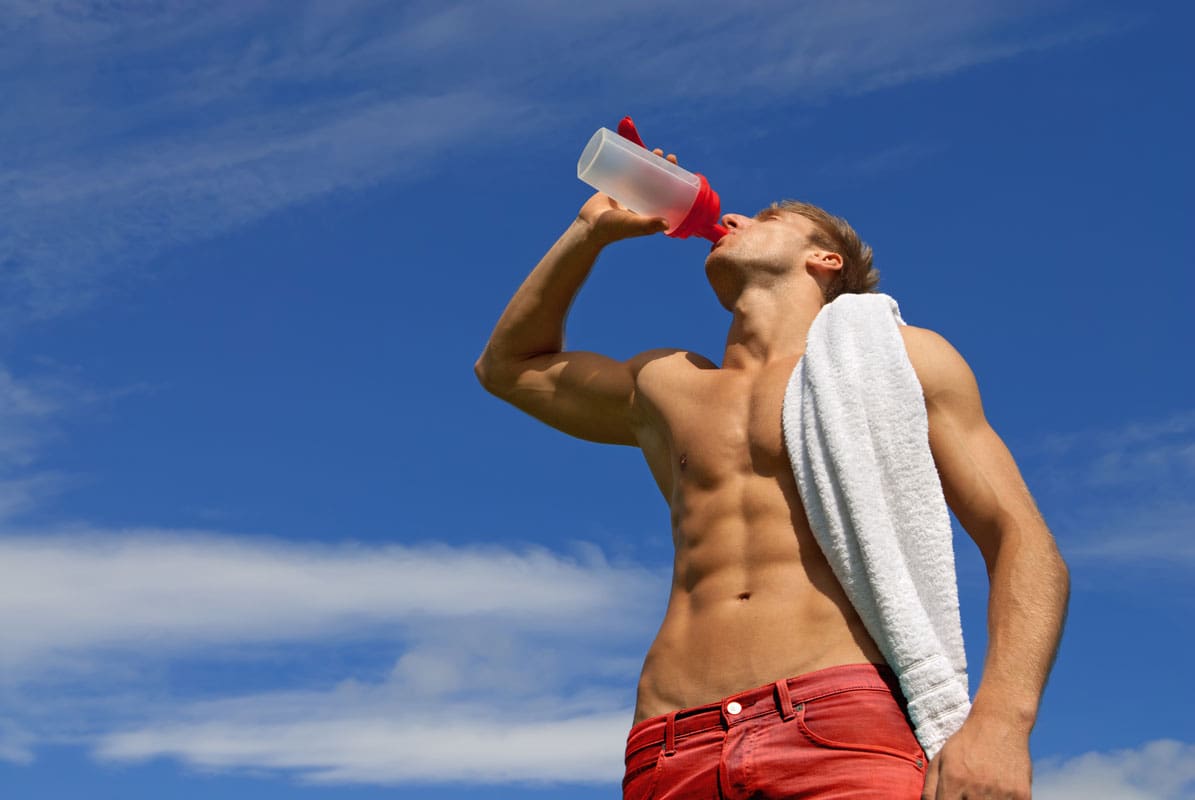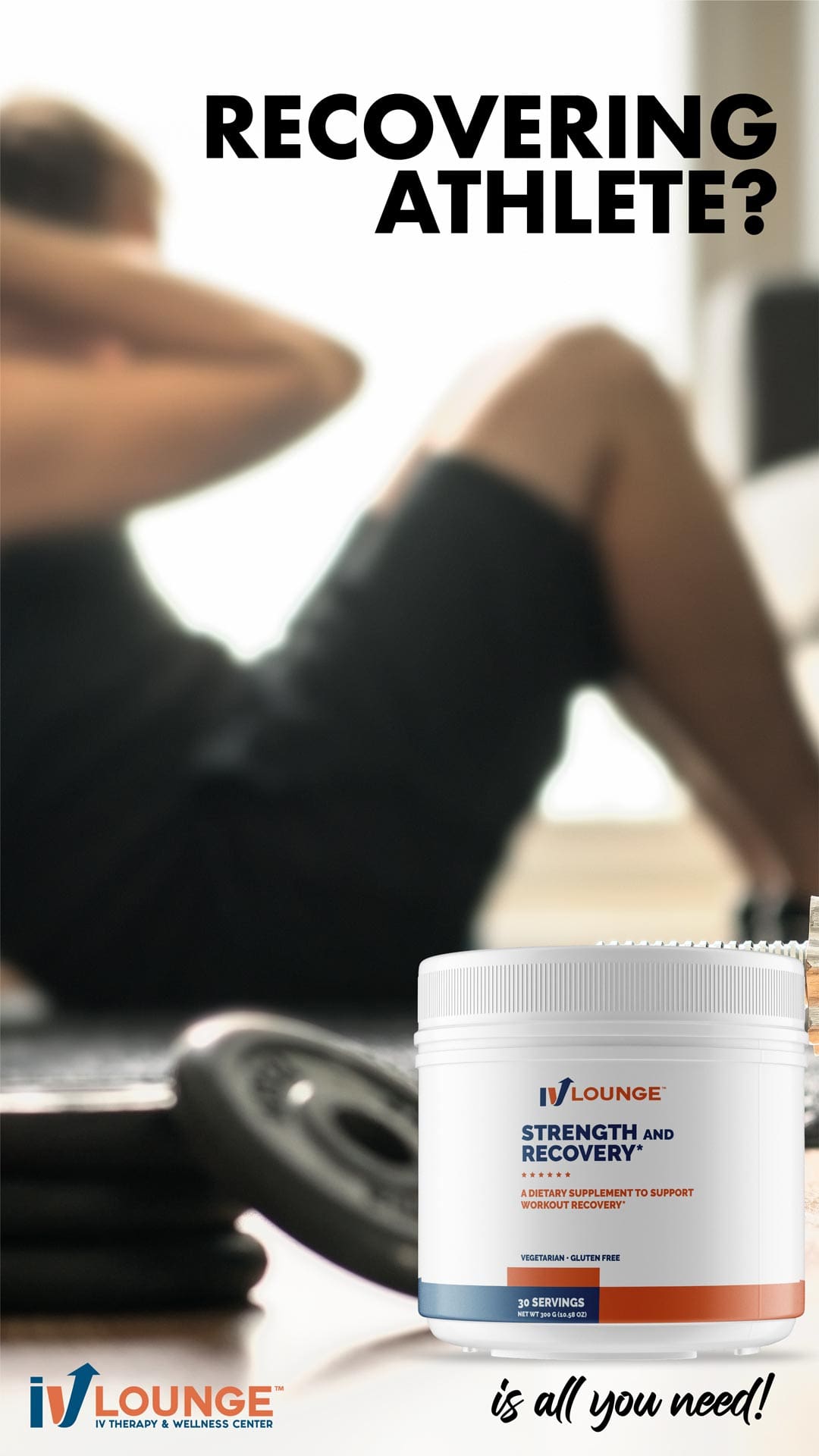By Muscle Media
Hydrating, like diet, is an extremely important element in fitness and in sport. If the body does not get enough calories during physical effort, it can take them from its own adipose tissues, or from the muscle proteins. But, when is insufficient water, things are much more complicated and there are much bigger risks. Proper hydration is important.
All metabolic processes involve water. So, not providing the body with enough liquid can result in significant disruption of bio-chemical reactions. These directly influence the effectiveness of your training and even your health.
Hydration
 Physical effort, especially aerobic, leads to dehydration through perspiration. This helps regulate the temperature of the body and prevent over-heating. There is an old coaches’ rule that recommends drinking water (liquid) before, during, and after physical effort. Besides thermoregulation, proper hydration helps eliminate toxic waste material after training. Hydration acts like a transport vehicle through perspiration and urine. Thus, the metabolism of blood sugar, lipids and proteins occurs under proper conditions, ensuring optimal contraction force during resistance training.
Physical effort, especially aerobic, leads to dehydration through perspiration. This helps regulate the temperature of the body and prevent over-heating. There is an old coaches’ rule that recommends drinking water (liquid) before, during, and after physical effort. Besides thermoregulation, proper hydration helps eliminate toxic waste material after training. Hydration acts like a transport vehicle through perspiration and urine. Thus, the metabolism of blood sugar, lipids and proteins occurs under proper conditions, ensuring optimal contraction force during resistance training.
Over Hydration
There is also the comparatively rare condition of over hydration, due to excessive consumption of water. Aside from the inconvenience of frequent urination, the blood vessels are overloaded and over-filled. This makes the work of the heart more difficult, as the volume of liquid to be pumped is too great. The effectiveness of training reduces, as a consequence, and performance does not reach expectations. The bloated sensation of “heavy body” can also appear, even for the common fitness practitioner.
Drinks for Athletes
Besides water, you can use isotonic drinks. These have an electrolytic composition similar to that of the body. You may try liquids containing sugar (fructose, glucose, or dextrose) which the body easily and quickly absorbs. All of these can contribute to fast restoration of the glycogen reserves of the body. It is advisable to drink the liquids in small but frequent doses. The body allows time to assimilate them and they will not overwhelm the system.
Risk
In both over and under hydrating, there is the risk of putting too much strain on the renal excretory function. Over hydrating can result in significant over-elimination of electrolytes (potassium, sodium, iron, zinc). These are precious and need to be replaced from sources as natural as possible. With dehydration, the volume of urine severely diminishes as the body tries to retain mineral salts and vitamins. Besides unwanted deposits, renal lithiasis and gout, renal blocking is a very severe consequence of this effort of the body to retain liquid.
Discipline
Correct hydrating involves discipline. This means you must consume liquids periodically throughout the day. Ideally, you should consume before, during, and after workouts. You must not rely upon feeling thirsty. This is only a very late alarm. Thirst signals that water has been missing from the body for quite some time. Essentially, you are already dehydrated. You can avoid any problems with disciplined attention to proper, constant and preventive consumption of liquids.







